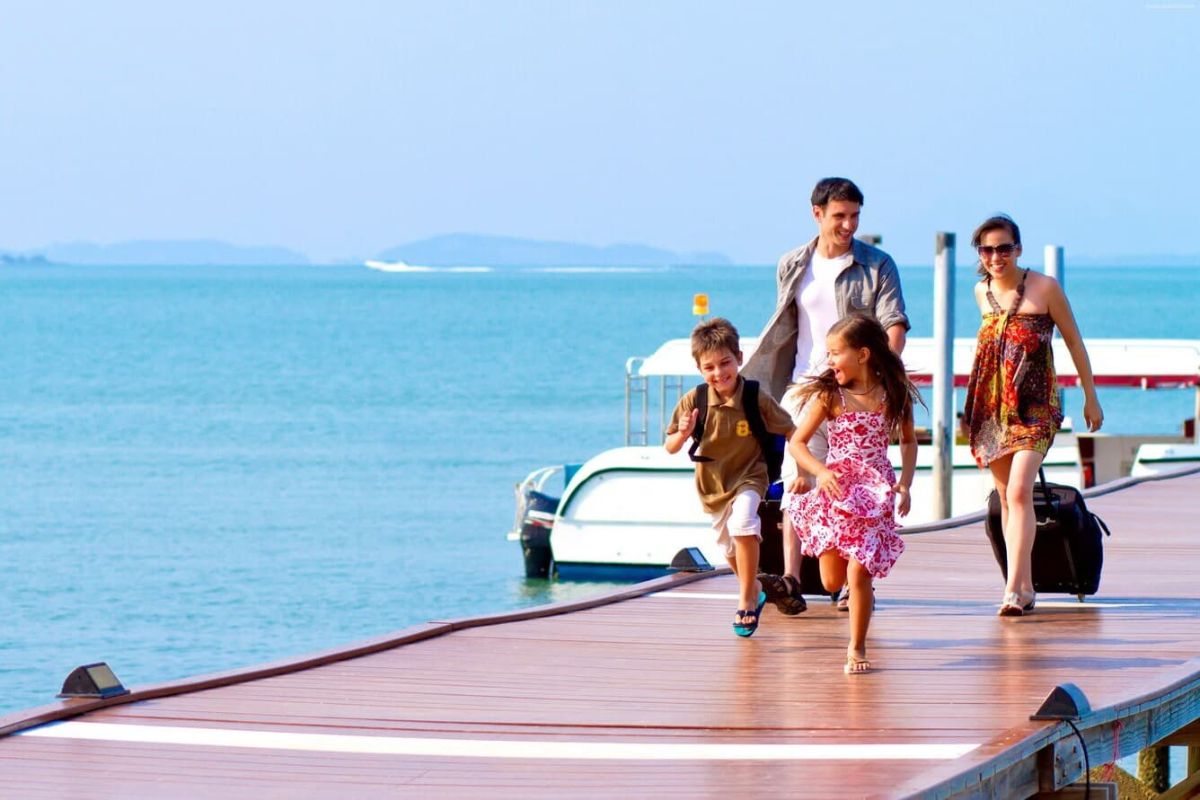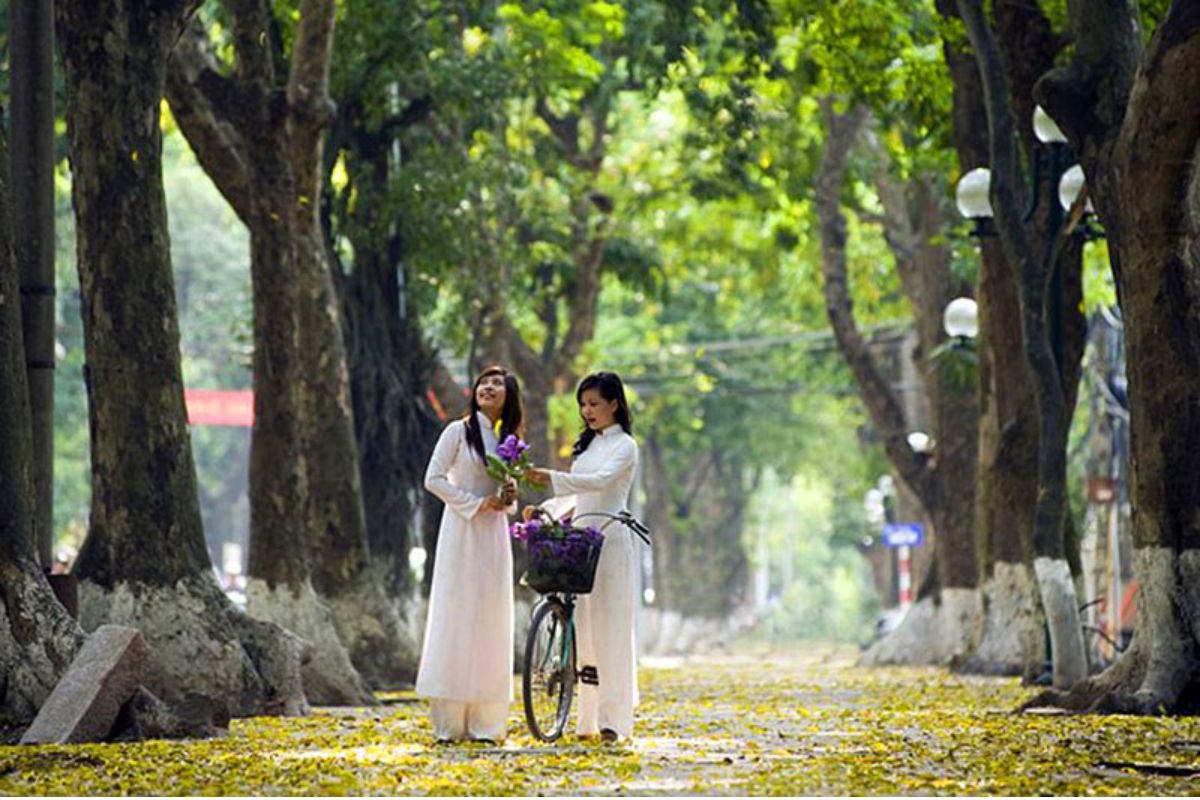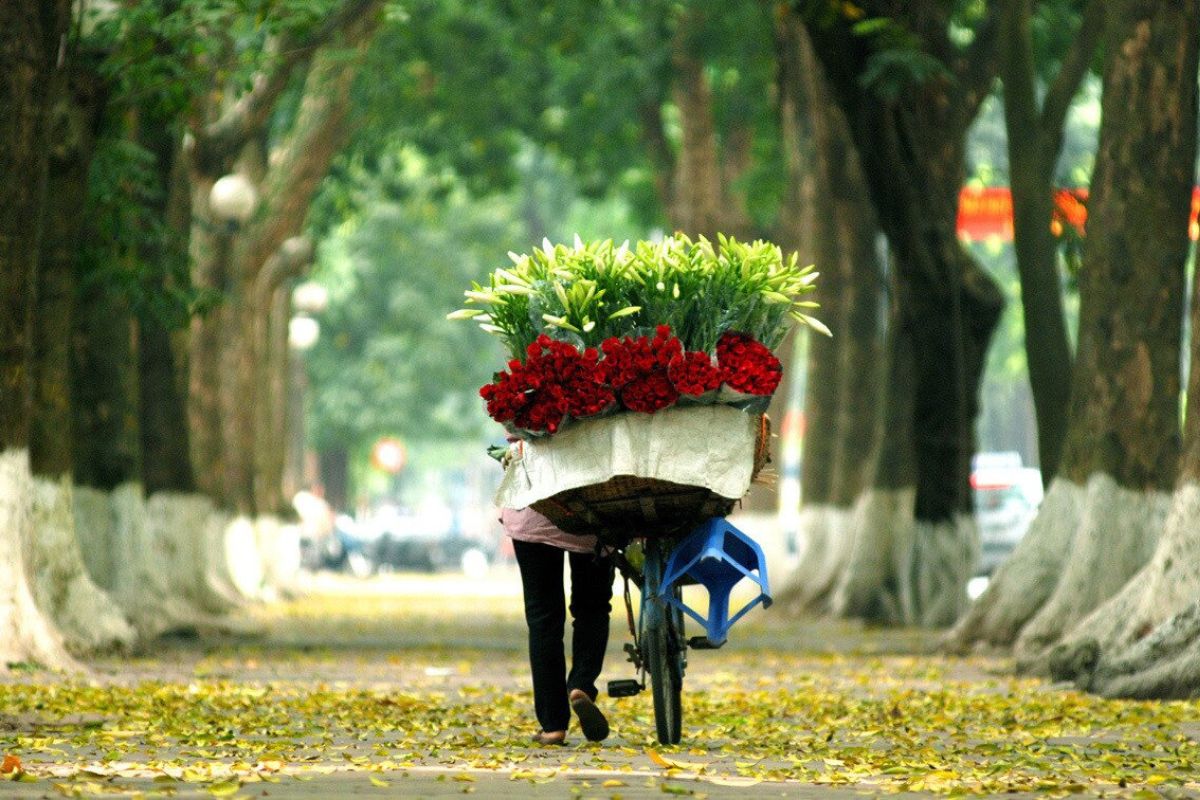Aside from the established economy, American tourists help to expand tourism in countries all over the world, including Vietnam, which boasts world-class landscape. However, due to cultural differences, first-time visitors to Vietnam may experience culture shock because their behavior differs drastically from that of their home country. As a result, please carefully study the recommendations below to minimize issues caused by cultural differences.

Photo: IZITOUR
Frustration, loss of confidence, fear, boredom as a result of problems in the new surrounding cultural environment, and a lack of a familiar cultural milieu are all symptoms of culture shock, which many American tourists encounter for the first time. Culture shock is a terrible experience that occurs when you begin to live in a culture that is vastly different from the one in which you were born and raised. Before we go, let’s learn more about some of the unique techniques of Vietnamese citizens.
A punctuality culture cannot be guaranteed
In Western culture, personal freedom and independence are greatly cherished. Everyone must be able to deal with their own issues and strive for success without relying too heavily on family and others. As a result, Americans regard time as money. Punctuality is essential, yet it may make you appear disrespectful.
However, being late for appointments and going on excursions that are not on time is common in Vietnam, which will surprise many Western visitors. It is critical for anyone planning a holiday in Vietnam to become accustomed to it rather than becoming upset and frustrated. Locals in Vietnam value flexibility; they think that everything will work out in the end, one way or another.

Photo: VnTrip
Traffic congestion is popular here
Vietnam, like other Asian countries, has heavy traffic, especially during peak hours. According to Statista, there are more than 65 million motorcycles in use in Vietnam. If there is a chance to get ahead, everyone will jostle and, if possible, ride on the pavement. It’s hardly surprising that you’re trapped in traffic. This is a constant issue for Vietnamese citizens.
Furthermore, despite the fact that the light has turned red, American tourists may encounter multiple heart-stopping moments when, seemingly out of nowhere, a motorbike carrying fast food speeds down the sidewalk and taxis race past just in front of your feet.
Don’t wear clothes that are too comfortable
Americans like simplicity and easiness. On any given day, they frequently wear jeans with T-shirts or shirts, or even tunics and pajamas. That’s how Americans dress when they’re rushing down the street to buy magazines. However, given the beauty of Vietnam is elegance, it is necessary to dress modestly. Additionally, travelers should avoid swimming in beaches, rivers, or waterfalls while wearing bikinis or revealing swimwear.

Photo: SunHome
It is forbidden to wear too exposed apparel when visiting temples and pagodas. When locals notice foreigners dressed badly, they usually come out to warn them, although dressing immodestly is clearly not acceptable. People may stare at you strangely.
The selling price is three times higher in some places
Street vendors in Vietnam are renowned for demanding high prices to tourists. Product prices at street vendors or major tourist destinations are usually three times higher than the national average. As a result, American visitors should bargain frequently here, usually for half the original price.
Some people also requested money after being photographed by customers. Fruit vendors in Hanoi, for example, may invite you to take photos with their headwear and goods. Then they requested one dollar or more. Accepting proposals from street vendors should be approached with utmost caution.

Photo: HaNoi

